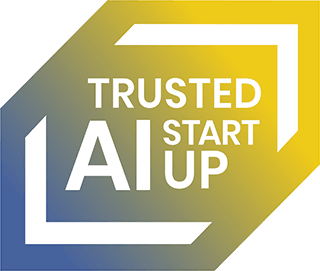In recent months, the OpenAI developed chatbot ChatGPT has gained widespread attention, with the topic working its way into water cooler conversations across most industries. Will artificial intelligence (AI) replace technical writers, authors and programmers? Is it the new Google? Will responses in the future ever be generated by humans? These are but some of the questions asked by both journalists and the average ChatGPT user alike.
However, the current debate has shown little appreciation for one centrally important question, and one that Tendium has championed over the past four years: can artificial intelligence improve public welfare services? It’s an important question, and our answer is quite simple, of course it can.
Natural Language Processing (NLP) for the common good
Tendium first began its journey four years ago, with a vision to transform the public procurement market by making use of AI technology. We started by developing our own proprietary AI solution in what is called Natural Language Processing – a similar type of AI technology to what GPT-3 and ChatGPT are based on. At that time, the general discussion still approached AI with horror-tinged delight – but we had our eyes set on the future.
We were convinced of the potential social benefits that could be realised with AI technology, so we began by teaching our AI platform how to read and understand complex and bureaucratic information, or rather, public procurements. Since then, our AI has sorted and read through more than a million procurement documents, no small feat for anyone, machine or human.
You might wonder, ‘why public procurements in particular?’ While the public procurement market is vast, it is also overly complicated, and imposes high thresholds while lacking in transparency. At its core, the market also controls how tax revenue is spent and the quality of public welfare services provided, which affects society as a whole. Where poor procurement processes impact competitiveness and, as a result, public welfare services suffer, Tendium’s solution aims to remedy this by using AI to make public procurement more accessible to all.
Artificial intelligence that improves public procurement
The future has now started to catch up with the reality that we at Tendium believed in four short years ago. ChatGPT and similar AI based tools are actively in use, and the enormous impact technology of this kind might have on humanity is beginning to become all the more evident within public debate. For some, these tools help write children’s books, produce theatre productions and write code, while for others, they signal the end. For us at Tendium, we are yet to be deterred, as our AI has made responding to tenders both simpler and better!
Tendium’s AI platform can now read, understand and sort through information found in the hundreds of thousands of documents relating to new procurements. It can also extract relevant information, and present this in an approachable and easy to grasp manner. In other words, the technology to simplify public procurement as a whole is already here and available.
Efficiency and simplicity are key, as participating in bid related processes often prove time consuming and complex. The Tendium platform improves the overall tender bid process experience, and enables smaller businesses to take part, where previously they may not have had the time, resources or capacity to do so. When more businesses participate in public procurements, public welfare services improve as the market becomes saturated with healthier competition and lowered thresholds. In turn, this leads to better procurements and a more balanced and transparent use of tax revenue.
While societal challenges ahead do still remain, and improvements require innovative technical solutions and a public sector willing to adapt, we are confident that our platform is ready for what lies ahead.
Tomorrow’s society is built with smart technology
Where artificial intelligence was long regarded as a distant and far-off phenomenon, we can now see the first practical applications of how technology of its kind can be used by individuals, businesses and society as a whole. And the AI-journey has only just begun, with current use merely scratching the surface of what can be achieved.
Within the next few years, our AI platform will also become a more well rounded all-things-procurement platform, and will offer dedicated tools for writing and submitting tender responses. Like ChatGPT, our platform will then be able to help and support businesses in writing and submitting tender bids, with the platform’s features contributing to higher success rates.
We already know that this will be of great benefit to businesses that may not be very good at communicating what they do well within the complex procurement processes, but nonetheless are great at what they do. Naturally, it should be the best business for the job that should have the greatest chances of winning a procurement, regardless of whether their staff are good writers, speak multiple languages, or simply don’t have a whole team of seasoned tender bid writers.
New technology breeds new possibilities, and while it might be scary and challenging, smart technology should serve to better and improve humanity. At Tendium, we believe that AI has an important role in building strong, sustainable and well-functioning societies of the future.
—
This has been part 1 of our series AI for the Common Good. In upcoming articles, we will explore the wider role of AI in society. If you would like to get our articles sent directly to your inbox, then – Sign up Tendium news!
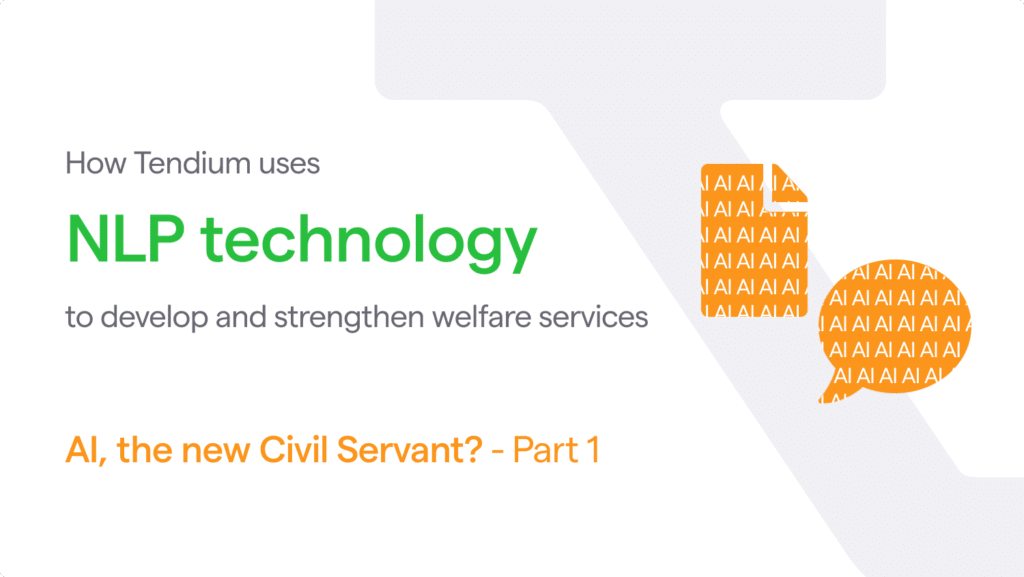

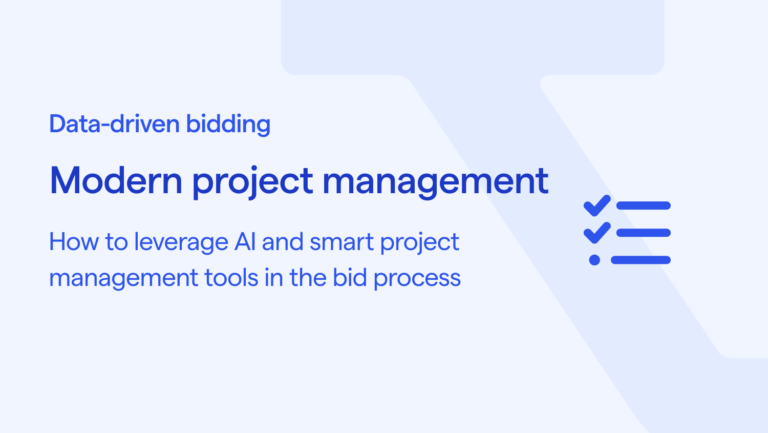
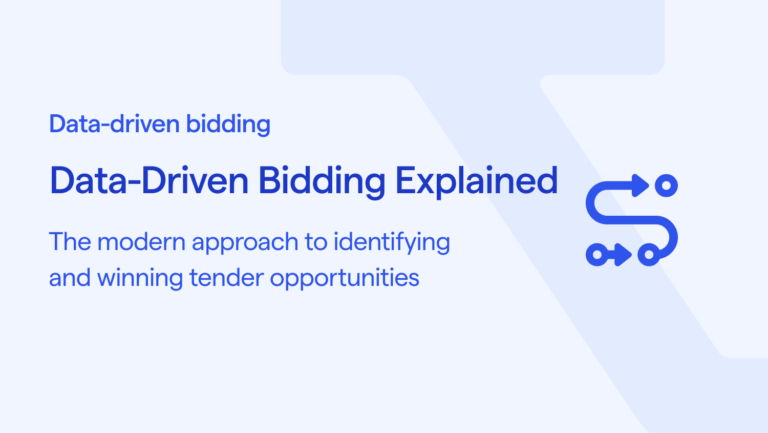

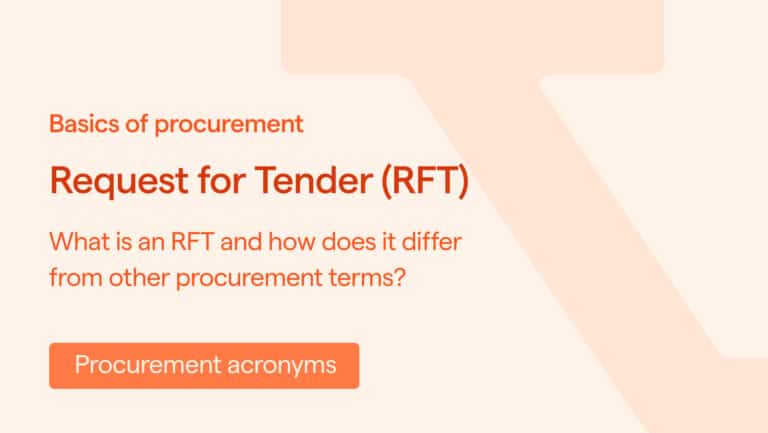
 Sverige
Sverige
